How consumer packaged goods continue to prioritize mental health

Andrew Wardlaw
11 May, 2022 | 2 minutes
Health has become a more serious issue for consumers - and mental health is right up there. MMR’s Functional Future project, which recently polled a broad spectrum of people across the U.S, U.K and China, found that stress levels and sleep health are now top 5 health priorities – alongside brain health, heart health and immune health. It’s worth noting that mental health issues were deemed far more important relative to categories such as gut health, weight management and cholesterol.
Our findings tally with Gallup’s 2021 Global Emotions survey, which found that 40% of people across 40 countries experienced high levels of stress on the preceding day.
Anxiety is a normal and arguably healthy emotion. However, when a person regularly feels disproportionate levels of anxiety, it can become a medical disorder. Anxiety disorders affect 40 million people in the United States. In the U.K, a recent study found worrying increases in new prescriptions for drugs in every class among young adults. Meanwhile, studies from China generally show much lower rates of claimed anxiety, but social acceptance of mental health issues is lagging behind the West.
Care Culture
The turbulence created by the pandemic has clearly impacted our collective mental state, but it has also given us all time to consider what we value. Consumer foresight specialists WGSN have identified an evolution of care culture that will see people prioritize wellbeing over work, community over competition and planet over profit.
For manufacturers, this will create demand for more intentional moments of self-care, for products that allow people to take time and live their best, most balanced lives. In beauty, this is giving rise to products that simplify beauty routines – multi-tasking products like Noto’s Multi-Benne Stain, that delivers lip, color and skincare in one product.
Making daily life more simple should be considered for all innovation in 2022, but there are also many products starting to appear that deliver something extra, as we will now explore.
Anti-stress Innovation
Kate McLeod’s Facial Stone provides a facial massage as it moisturizes, creating a more intentional moment of self-care. Users cannot fail to slow down and take time with this home experience innovation.
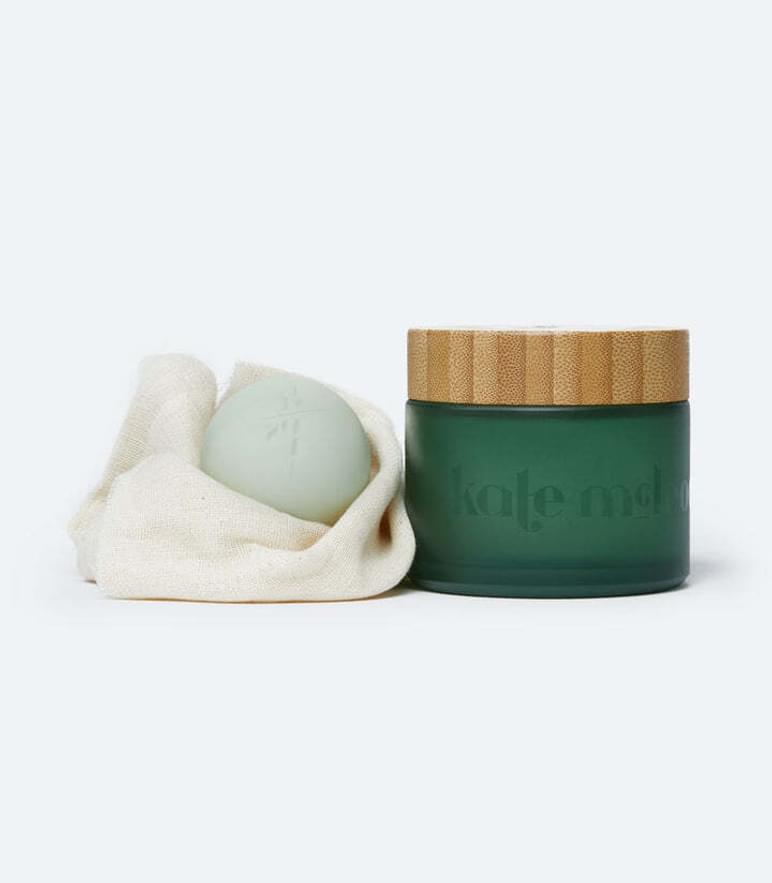
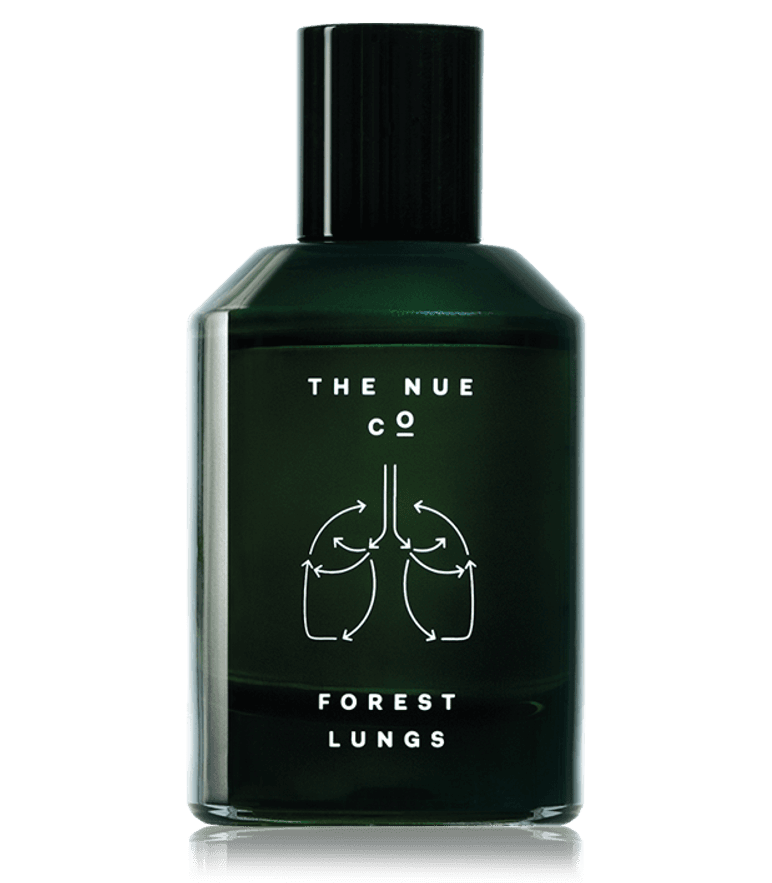
The Nue Co. has created a unisex anti-stress fragrance that delivers the healing effects of nature using olfactory chemistry. The company claims that 96% people feel less stressed after using Forest Lungs.
This innovation illustrates the way that fragrance is being increasingly incorporated into wellness routines.
From the U.K, we have discovered Dose Smells Like Yoga, which claims to soothe and relax. ‘Spray and inhale when you need a moment of calm’, the makers claim. The editor of Marie Claire found it to be ‘perfect when I don’t have time for yoga.’ We’re not quite sure that was the intention!
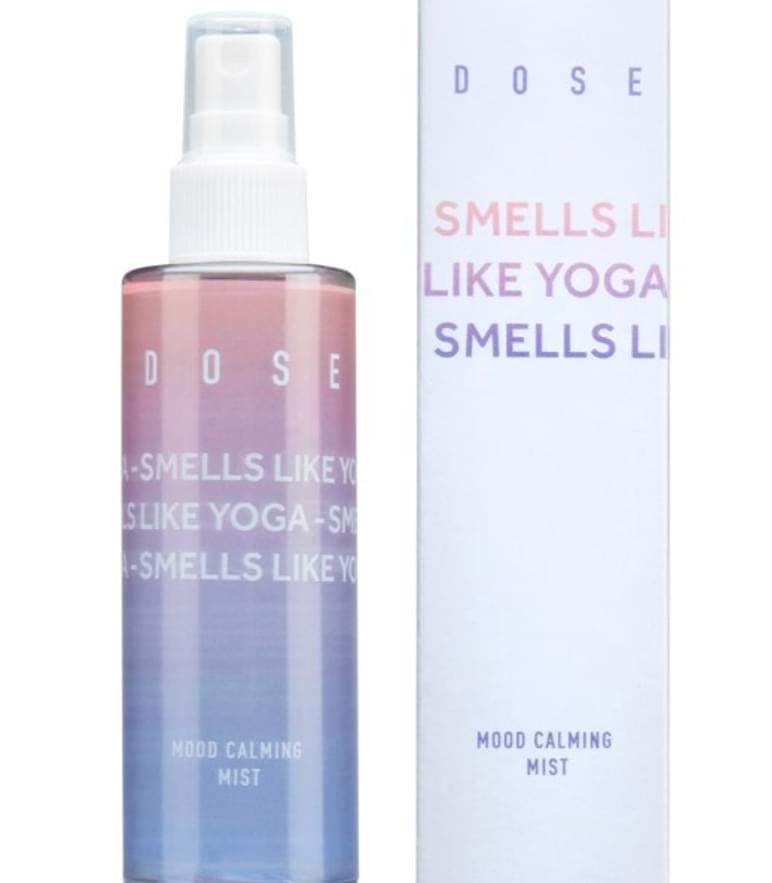
It’s not just personal care that’s developing the mood management category. Food and beverage innovation is also empowering people with ways to tackle daily stress.
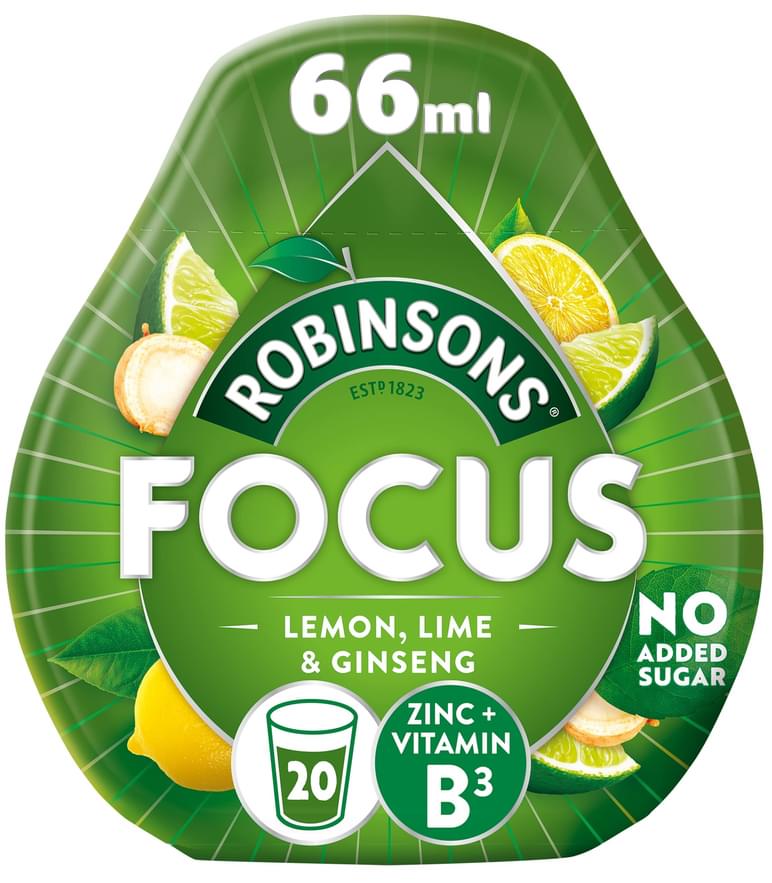
Britvic has just expanded its Robinson’s pocket squash range, including a Lime and Ginseng variety to help users Focus. The relationship between stress and mental clarity is well documented.
Twining’s has been setting the mental health agenda in the tea category, and clearly recognizes that consumers are now seeking more nuanced support as opposed to broad brush promises of ‘calm’ or ‘relax’. Its latest range of herbal teas have been formulated to support Inner Peace, Inner Clarity and Inner Strength – backed by adaptogens such as tulsi and ashwagandha.
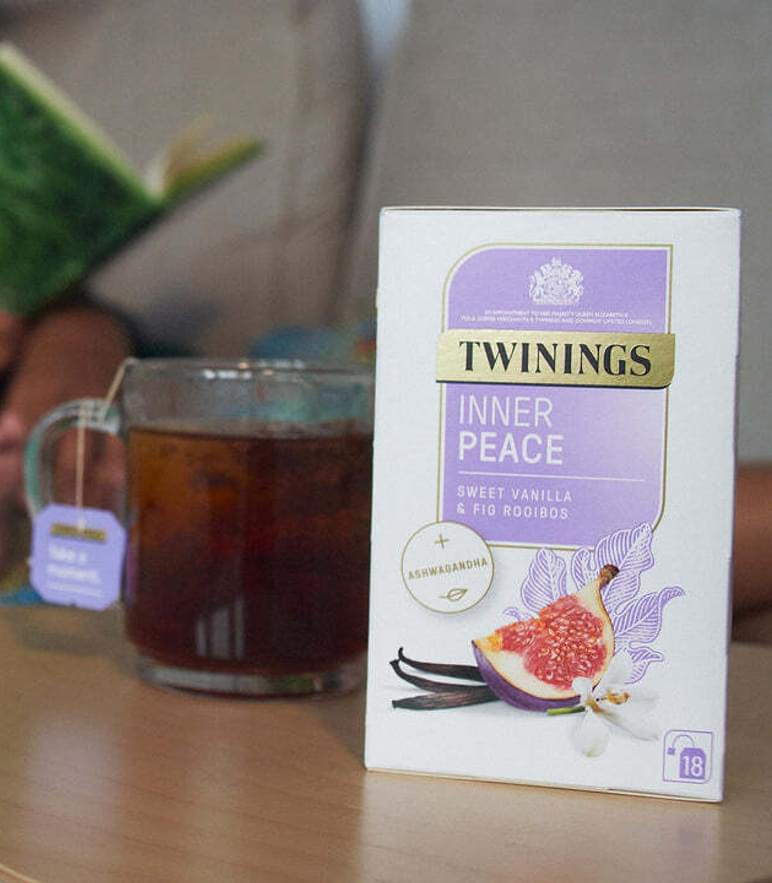
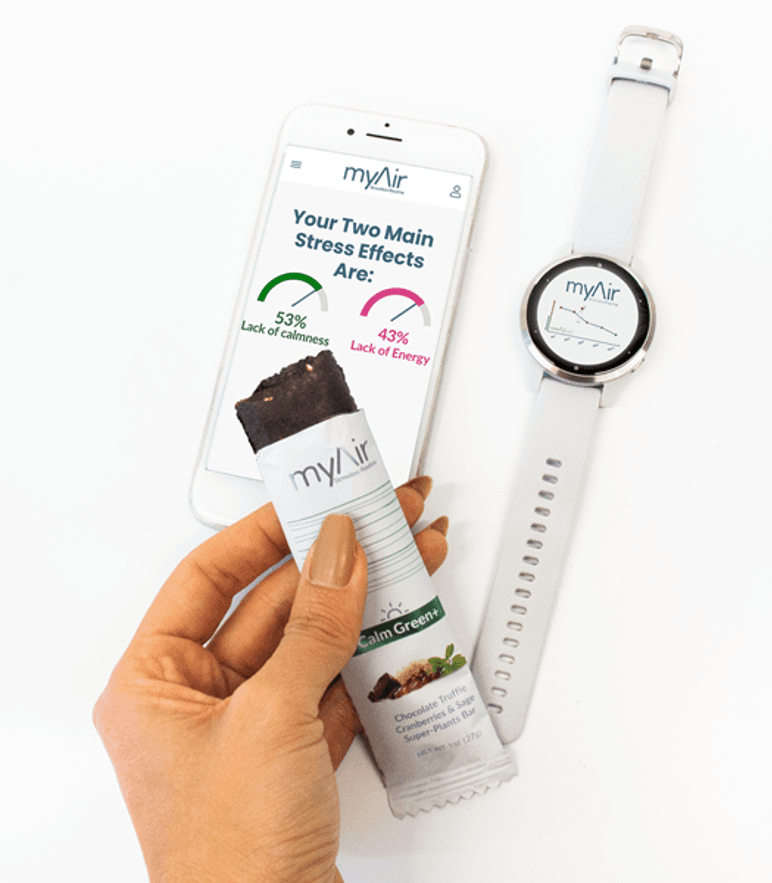
And in the snack category, Israeli start-up myAir has created a range of snack bars that contain proprietary botanical blends that deliver a specific stress-release effect, its makers claim. The company has taken a tech route in, with herbal extracts based upon machine learning technology - and are tailored to consumers individual stress profile. Data is collected via a questionnaire including an individual’s response to stress in alterations to heart rate, respiration, sleep quality and physical activity – tracked via smart watches.
Winning innovation
What this curated selection of products has shown is that care culture is becoming more intentional, more nuanced and more personalized.
To win against anxiety, products will need to achieve sensorial immersion to enable users to transition from high stress situations. More than this, they will also require precision sensory execution across all five senses to drive up perceptions of efficacy – to the extent that the placebo effect is harnessed, and users feel confident that the product has met expectations.
If you are looking to innovate in this space, let us help you create the brief to ensure that the product experience meets high consumer expectations.